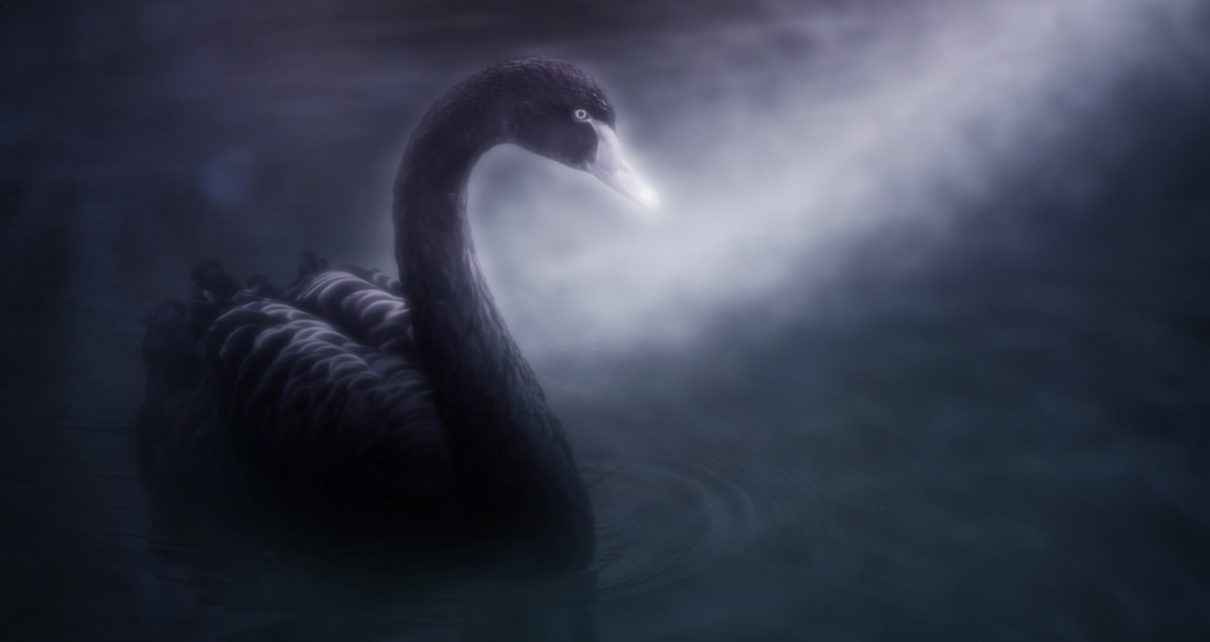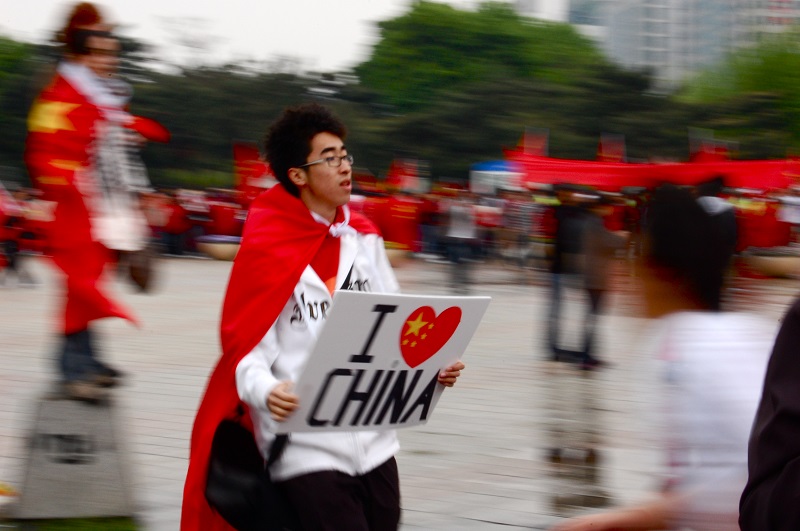There is an apocryphal quotation commonly attributed to Vladimir Lenin, that, “There are decades where nothing happens, and there are weeks where decades happen.” This apposite reflection on the uneven velocity of historical change could have been written of the new, narrow epoch the Atlantic Community finds itself in at the current moment. Only five short years ago, on April 4, 2019, NATO celebrated its 70th anniversary at a juncture when the global order already appeared to be coming apart at the seams. NATO had become something of a convenient punching bag for right-populists resentful of anything that smacked of what they derided as “globalism,” a nebulous term they reserved for any policy, norm, or institution that appeared at first glance to rob a state of its right to act in its own, exclusive self-interest. The Trump Administration – not wholly without reason – was beating the drum that Canadian and European NATO members were riding on America’s coattails, exploiting its defence commitment while underinvesting in their own armed forces. Even political moderates, such as President Emmanuel Macron of France, made ill-advised remarks about NATO’s supposed “brain death” that appeared on their face to invalidate the organization’s continued existence. NATO’s fortunes appeared to be at a low ebb.
But Father Time has a talent for turning things about. Proverbial “black swan” events are known to intrude onto the stage of history from time to time, disrupting what mortal man foolishly takes for granted as “normal.” These are unanticipated, grave events that possess the uncanny ability to shake up the status quo and break life’s inertia. Since NATO’s 70th anniversary five years ago, humanity has been put through the wringer, not by one, but by an unholy trinity of such unexpected and convulsive events: the COVID-19 pandemic, Russia’s abrupt invasion of Ukraine, and Hamas’s October 7 attack against Israel. While possibly a few prescient sages could see them coming, these events took humanity unawares.
To be sure, they have taken place against the backdrop of other systemic challenges that have beset global order for many years now, even decades, from chronic populist discontentment, to American retreat from world leadership, to climate change. They have also occurred in tandem with dramatic, although more foreseeable, traumatic episodes, such as the disastrous American pullout from Afghanistan. However, the three salient black swan events that came to pass since NATO70 – COVID-19, the invasion of Ukraine, the attack on Israel – have fundamentally re-ordered the geopolitical map and jolted humanity forward in a manner captured by Lenin’s famous purported aphorism.
These black swans have vividly and poignantly dramatized how that which was once taken for granted is now no more. For instance, COVID-19 underscored the fissiparousness of Western societies, as their populations became fraught with infighting over what constituted an appropriate response to the coronavirus. There was no apparent closing of the ranks in societies across Allied lands, as had happened last century, to mount a defence against this common enemy. Instead, everything became politicized, balkanized. In an episode that hits close to home, Canada experienced an uncharacteristic paroxysm of popular unrest, challenging its image as a peaceful, ordered, and well-governed society. And in this age of social media polarization, unlike the attacks of Pearl Harbor or 9/11, Hamas’ terrorist attack against Israel on October 7 elicited much more ambivalent responses. Even Russia’s invasion of Ukraine was accompanied by self-incriminations in some quarters of the West, centred on its alleged sin of provoking Moscow’s attack on a sovereign state. The Global South, sadly, either excused Russian behaviour or stopped short of condemning it in many instances.
The world of 2024 is not the world we imagined we were living in in 2019.
Yet, there is another side to this sordid picture. Black swan incidents often light the proverbial fire underneath individuals, states, and organizations that have become inert, placid, and complacent; they prompt them to become nimble again. The founder of LinkedIn, Reid Hoffman, an expert on entrepreneurialism, promotes the constructive benefit of intelligent risk-taking and cautions his followers about the dangers of excessive risk-aversion, the trap of being lulled into a sense of security. Those who succumb to this temptation, while ostensibly wise for avoiding volatility in life, usually experience catastrophe when confronted by a black swan event which, by definition, is something one does not anticipate and is beyond one’s ability to deflect. On the other hand, those who court a bit of danger develop traits that help them withstand the “unknown unknowns” when they eventually do become known and pose a threat. Risk and resilience go hand in hand, and a volatile environment activates the evolutionary adjustments creatures need to make in order to hedge their chances of survival. Hoffman approvingly cites Joshua Cooper Ramo, author of The Age of the Unthinkable: Why the New World Disorder Constantly Surprises Us (2009), who uses forest fires as an analogy for this process. Forests that are subject to periodic, controlled burns that sweep away undergrowth emerge from catastrophic wildfires in better shape than those that have never been touched. Stress-testing a system, while painful in the short term, paradoxically protects it from a knock-out blow in the event of a black swan.
NATO is witnessing this principle at work right now, especially in the wake of Russia’s invasion of Ukraine. The fires that threaten to engulf “democracy, individual liberty, and the rule of law” – values the North Atlantic Treaty was conceived to defend – have illuminated NATO as the fortress protecting these precious ideals, perhaps the last best hope that they will not perish from the earth. Those who recognize the value of these democratic institutions, and understand that they can only endure when they are backed up by military strength, are looking to take shelter behind the NATO battlement. This has opened doors and breathed new life into the organization. A cogent argument can be made that NATO is stronger today than it has ever been. If, in 2019, few could have predicted that Russia would invade Ukraine a mere three years later, still fewer could have prophesied that Sweden and Finland – two traditional bastions of neutrality – would be banging on NATO’s door for admission and secure their memberships in its ranks by 2024. Macron’s infamous remarks would never be made today. NATO is imbued with new purpose, and members are spending record amounts on their militaries, policies that meet less resistance at home in the face of clear and present dangers abroad. Even a majority of Canadians now favour Ottawa’s commitment to NATO’s well-known 2% GDP spending target.
It is a dangerous world, seemingly more threatening than it appeared in 2019. Yet, paradoxically, NATO’s ability to defend its peoples, and the case for its continued support and development, have scarcely, if ever, been more credible. NATO is now closer to an actual shooting war with Russia than it ever appeared to be during the Cold War. We may mourn the passing of the post-Cold War age of innocence but, ironically, that epoch was also the most insidious in eroding the Atlantic Community’s resilience. Currently, Allied policymakers have an opportunity to use the controlled burns afforded by the global challenges arrayed against NATO to ensure that it can resist the firestorms when they come – as they shall – and emerge like the phoenix it has proven itself to be time and again.
Photo: Black swan (2019) by Dorothe via PH. Licensed under CCO.
Disclaimer: Any views or opinions expressed in articles are solely those of the author and do not necessarily represent the views of the NATO Association of Canada.




